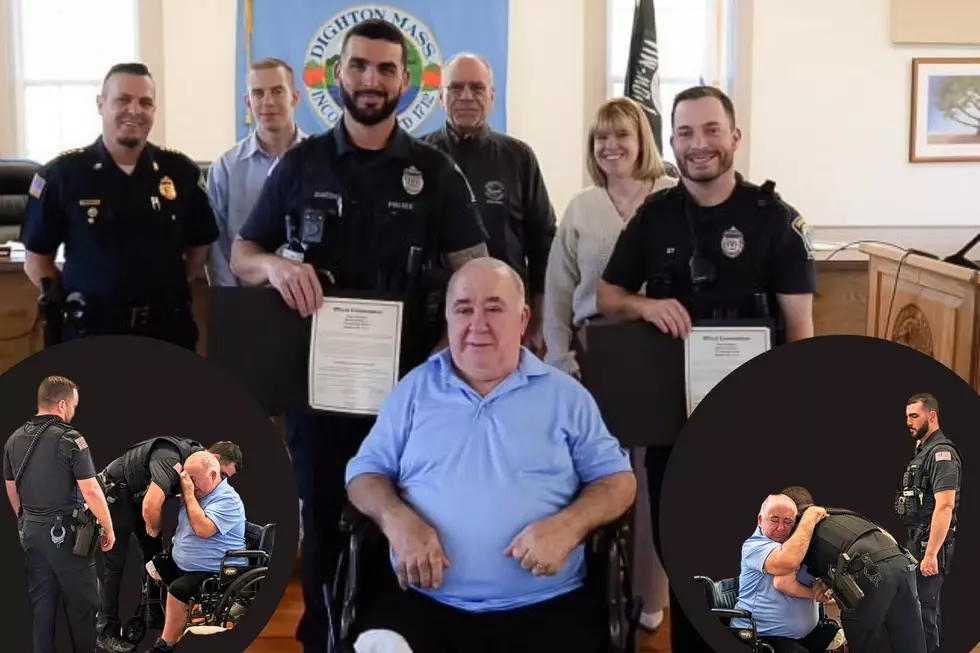
Boston Is Turning On Closed Captioning
Today's news tells the story of another COVID-19 silver lining.
Boston Mayor Michelle Wu has signed an ordinance calling for businesses to have closed captioning turned on for all televisions facing the public. During the pandemic, the deaf community and people with hearing disabilities missed out on a lot of information, but that's about to change.
Public venues such as restaurants, bars, gyms or anywhere else that has a TV for the public will be required to have the closed captioning running. There are exceptions for certain entertainment venues like movie theaters, concert halls and sports arenas.

Speaking with a friend who suffers from major hearing loss, he called this ordinance long overdue, in the name of equity, as it helps remove barriers for people with hearing disabilities.
My hearing is nothing to shout about, especially after wearing headphones all my life on-air.
Over the years, I'm finding that closed captioning is a great equalizer for both my wife and myself, and it won't cost the businesses anything to turn on the subtitles.
A recent survey asked how often Americans use subtitles. It may surprise you to know 70 percent of Gen Z rely on closed captions, Millennials 53 percent, Gen X 38 percent, and Baby Boomers 35 percent. Overall, 50 percent of Americans use closed captioning, while only 23 percent finds it distracting.
Do you use closed captioning? Improving communications access in public spaces is a good thing. A lot of people with with unimpaired hearing are choosing to watch TV with words. Hopefully the day will come soon when closed caption is the norm, inclusively rather than exclusively.
LOOK: Holiday gift crazes and fads of the past century
LOOK: 25 over-the-top Christmas displays from across America
More From WFHN-FM/FUN 107









